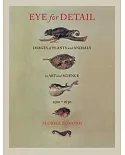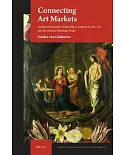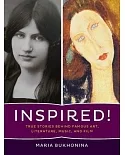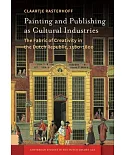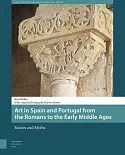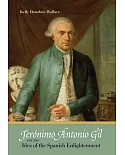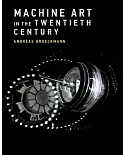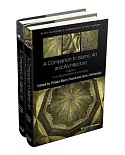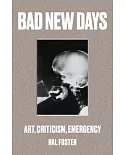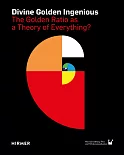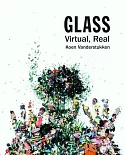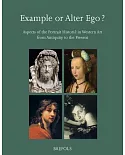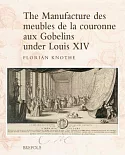Krzysztof: "Now we have the option of combining the part for bottles and cans with the sleeping part below. What [Victor] is saying is that it doesn't have to be the entire length of the
body because you can sleep with legs bent. So that means it could be shorter, and then all the storage area could be above and closed with a plastic seal."
Oscar: "Right, not only is there protection from the wind, but it's theft-proof . . . you've got to think about when you're underneath, and somebody attacks you."
-- Conversations about a Project for a Homeless Vehicle
Krzysztof Wodiczko, one of the most original avant-garde artists of our time, is perhaps best known for the politically charged images he has projected onto buildings and monuments from New
York to Warsaw--images of rockets projected onto triumphal arches, the image of handcuffed wrists projected onto a courthouse facade, images of homeless people in bandages and wheelchairs
projected onto statues in a park from which they had been evicted. In projects such as the "Homeless Vehicle," which he designed through discussions with homeless people, Wodiczko has helped to
make public space a place where marginalized people can speak, establish their presence, and assert their rights.
Critical Vehicles is the first book in English to collect Wodiczko's own writings on his projects. Wodiczko has stated that his principal artistic concern is the displacement of
traditional notions of community and identity in the face of rapidly expanding technologies and cultural miscommunication. In these writings he addresses such issues as urbanism, homelessness,
immigration, alienation, and the plight of refugees. Fusing wit and sophisticated political insight, he offers the artistic means to help heal the damages of uprootedness and other contemporary
troubles.



